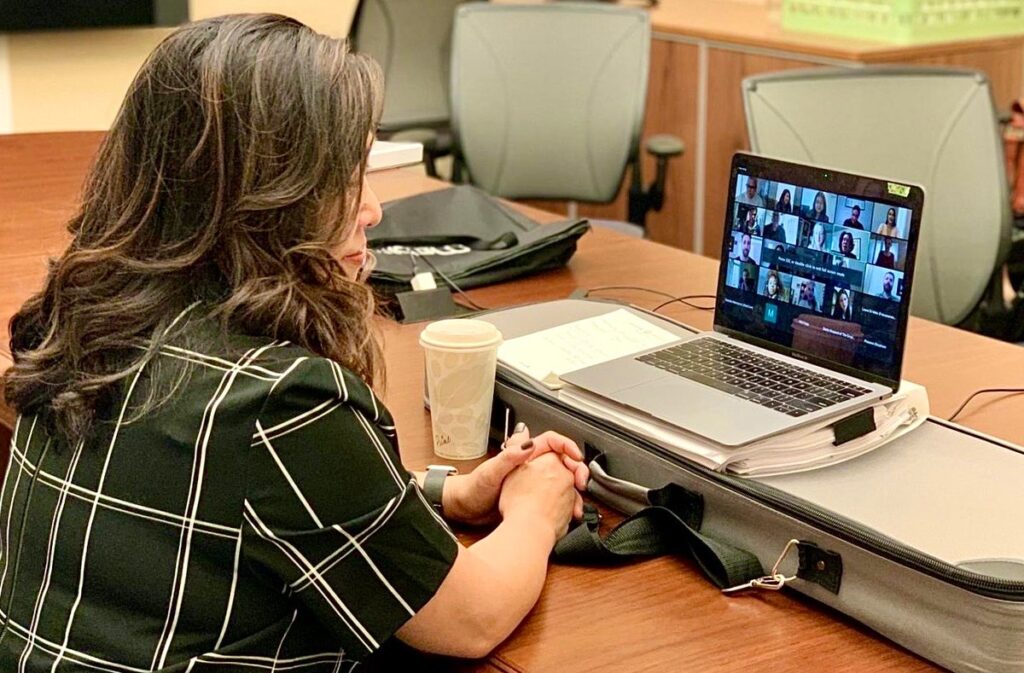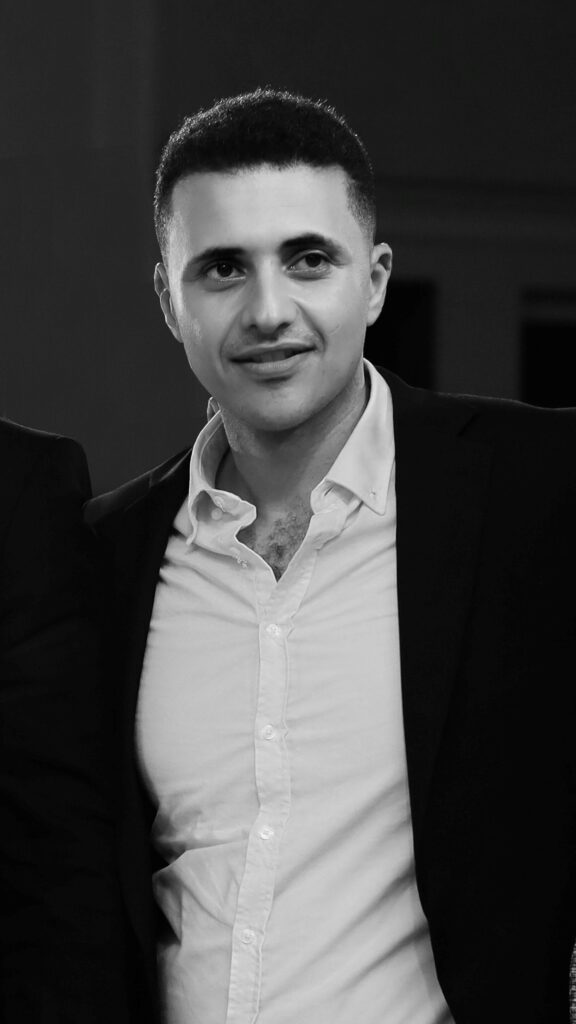
- Entrepreneurship
Mental Health & Entrepreneurship: How four Canadian entrepreneurs stay grounded
The day before entrepreneur Devon Fiddler went into labour with her first child, she had stayed up until midnight setting up a pop-up shop for her business.
“That goes to show you the type of stress I had put on my body,” says the Saskatchewan-based entrepreneur.
Fiddler, the founder of SheNative Goods, had spent years throwing herself into growing the business, which sells leather bags, jewelry and accessories handmade by Indigenous craftswomen. Often, her days would begin at 6 am and stretch to midnight.
In 2015, Fiddler attended an event geared toward young entrepreneurs: “[My friend] had this whole conversation with me at that event that I didn’t even remember because I was starting to lose my memory as well,” she says.
Now, Fiddler is committed to opening up the conversation around mental health in the entrepreneurship community. Last week, along with fellow entrepreneurs Nathon Kong (of Nathon Kong) and Jason Courtepatte (of Kite Electric), she shared her experiences as part of Futurpreneur and BDC’s recent sold-out event, Trailblazers: Mental Health and Entrepreneurship.
Marie Chevrier of Sampler moderated the discussion, which took a wide-ranging look at the entrepreneurs’ personal histories with building businesses while learning to manage their own mental health and the stresses of starting a new business.
“One of the first steps is talking about it, sharing with each other, and acknowledging that mental health is a huge issue for entrepreneurs,” said Futurpreneur CEO Karen Greve Young in her introductory remarks.
Kong says that the pressure entrepreneurs face to lead their businesses and remain in control often means mental health issues get swept under the rug.
“People expect us to have an answer (on mental health). People expect us to know everything. People expect us to hide fear and project confidence that we know everything. We don’t,” he says. “I pretend that I do – even today – but I don’t. It’s difficult to admit that to yourself, let alone to your customers and your team.”
Even before the onset of COVID-19, BDC found that two-thirds of entrepreneurs reported feeling depressed at least once a week – with women entrepreneurs, smaller businesses and earlier-stage businesses all reporting more consistent health issues.
A follow-up survey on how entrepreneurs were dealing with COVID showed that 77% of entrepreneurs were stressed “because of high self-expectations, the fear of loss and failure – and loneliness, because most of us are at home and unable to connect with their customers,” BDC CMO Annie Marsolais said at the event.
She added, however, that the survey also points to entrepreneurs’ resilience: “Two-thirds say they feel things are back under control.”
 Minister Mary Ng addresses the Trailblazers: Mental Health & Entrepreneurship panel. (Courtesy Global Affairs Canada)
Minister Mary Ng addresses the Trailblazers: Mental Health & Entrepreneurship panel. (Courtesy Global Affairs Canada)
Minister of Small Business, Export Promotion and International Trade Mary Ng, who kicked off the event, praised this resilience in her opening remarks.
“We have seen many entrepreneurs be innovative and nimble, finding new ways to adapt, finding new solutions to the current challenges posed by the pandemic – and we’re seeing so many businesses and entrepreneurs finding ways to give back.”
“It’s absolutely okay to not feel okay right now, but I can tell you we’re going to get through this,” Ng said.
Here are just a few of the strategies the panelists have used to manage their own mental health and keep stress in check:
Find a way to blow off steam. Chevrier and Fiddler both make meditation a part of their regular wellness practice, while Kong likes to clear his head in pottery class.
Courtepatte, of Kite Electric, practices mindfulness in different ways, whether that’s taking a moment to just sit with his thoughts or going for a drive. “Being aware of the situation that I’m in, checking in with what’s around [me] – that just kind of brings me back to the moment, grounds me, realizing there are no leopards coming out of the bush to eat me.”
He’s also a fan of journaling, including bullet journaling: “As soon as my thoughts are on paper, they can’t scare me anymore.”
Come to terms with the worst-case scenario. Things got “pretty dark” after the onset of COVID, Courtepatte said. “I’ll be perfectly honest – there were times when I was researching insolvency or bankruptcy. ‘What happens if I lose everything? What happens if everything comes crashing to the ground?’ ”
But doing that research, he says, took some out of the fear out of the situation. “I was surprised at how logical the steps were – you do this and that, you recover, you move on, you start again,” he said. “Once I looked it in the face, that actually gave me the courage to face it and move on.”
Rely on your support network. Partners, family members and even furry friends can play a role in keeping entrepreneurs grounded – though entrepreneurship can also impact interpersonal relationships in unexpected ways.
Fiddler says she “experienced more extreme loneliness” when she first started out, as she had a tough time finding friends who understood what she was going through as a new business owner. “I really had two friends I’d made through entrepreneurship connections – and that’s how my friendship circle started to change,” she said.
Courtepatte adds that some delineation between your work life and friendships may be necessary: “It can sometimes be an onslaught of advice. People are offering you all different directions to take your company, and you have to decide where you want to go. I like knowing who to reach out to when I have a problem to solve, because if the group grows too wide, it can be tough.”
Stick to a routine. Adding structure to your day as an entrepreneur is crucial. Kong goes for daily runs and makes time to cook, and the panel also took time to delve into the importance of a nutritious breakfast.
Take some time to give back. In addition to the charitable aspect of his business, which has a partnership with mental health organization Les Impatients, Kong also makes time to volunteer. “We are nothing without our community around us. I would find something to do that I would feel good about without getting something in return,” he said.
Open up the discussion in your workplace. As a result of their own experiences, several panelists said they now make a point of creating dialogue around mental health within their own organizations. “I would actually try to hide my stress early on, but we got to a place where we can actually talk things out,” Fiddler says.
Chevrier adds that the workplace culture at Sampler has evolved to include supports like flexible scheduling.
Their motto, Chevrier says, is: “You are always the most important thing on the to-do list.”
Want to learn how Futurpreneur can support you in your entrepreneurship journey? Click here.





